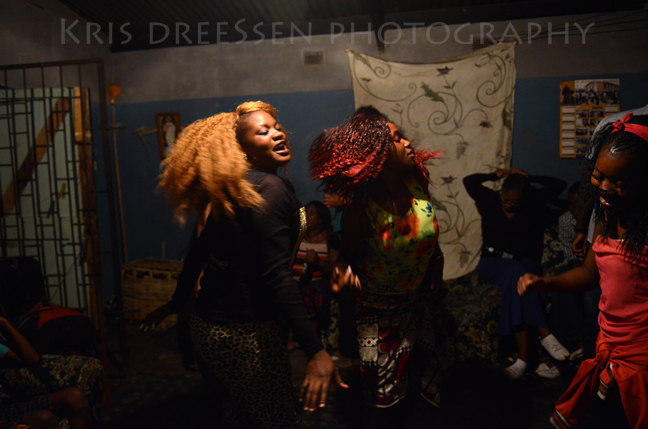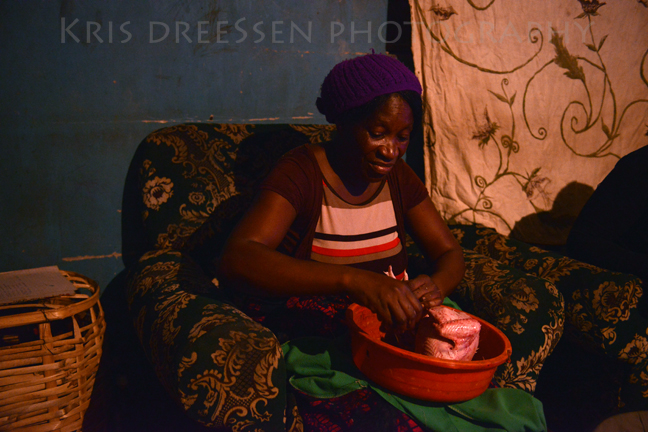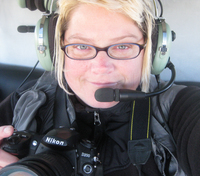
In Zambia, Bemba families have followed the same tradition for as long as anyone can remember. A man will demonstrate his commitment and his ability to have a family by paying a dowry to the bride’s parents, and there are several integral events surrounding the celebrations.
Little has changed, even among young couples, who see the dowry as a worthwhile custom that shows respect, and tells the world to other suitors, “I’m taken.” I met Savior and Comfort, who explained it to me, and it seemed cute, after meeting people who had done it.
About a week later, my Zambian friend, Iggy, also a Bemba, ran into some friends from his family’s church in our small town. There was aHe explained my interest in seeing everyday life, and culture, not just sightseeing and they invited us to their house party. I had no idea what to expect, really. The men ended up going out to get beer, and it was the women and I.
Six or seven us, sometimes 15, with relatives and neighbor girls and women and moms coming in and out, having a beer, and dancing. They set up a boom box and someone brought a TV and they played African and US hip hop … at first.
Then the women tried to teach me how to dance Bemba, which is all hips and no movement of the legs, so you would have done awesome. I was … moving my legs! They thought I was really white, but then I said, OK, just let’s dance a second and I broke out my moves and they were hooting and hollering and laughing and we were all dancing like crazy together and they were surprised the “mzungu” could break a beat.
An aunt of the groom sat down next to me with a freshly killed chicken; she plucked its hair off and butchered it into pieces for the basketball-sized charcoal stove outside, and told me about how each part has special meaning for the wedding. The neck is stuff inside the butt, essentially, and signifies the wife’s respect for the husband, for example. Every wedding, every chicken is prepared the same way, with the same intent.

They went outside and cooked it, and brought it on a white plate and offered it to me, then everyone else, and about 8 of us shared this little chicken. When the men finally returned at 2 a.m., we danced and danced and hooted and hollered until i was exhausted and Iggy and his brother and I drove home, bleary eyed.
This night, the mother of the groom and her friends, they took me in. A Stranger. They invited me into a special event and a tradition every Bemba woman experiences, and let me in. I learned their Bemba tongue trill, and shouted it with them
when they did it.
The next day, they called Iggy and told him to get me down to the kitchen party. They wanted me to see it, and take photos.
We went and I was again invited in, as the bride and groom received gifts, and women beat for hours on drums and hundreds of their friends ate and celebrated. They called Iggy and Iggy called someone to tell me to stop walking to his sister's store, and get in the car that was waiting.
At the time, I was tired and a bit awkward, as we sometimes are, but always appreciative, and will carry this invitation into their sacred circle throughout my life.
I am often reminded of my friends and loved ones on the road, and this time, like Erica Oette, a longtime friend, supporter of The Friends Project and this Everyday Power project and a sweet belly dancer, who recently sent me a photo of her performing with one of the baskets from El Sauce and the women's co-op we have supported. I also thought of MA Dailor, Tracy Stoltz, Astrida Merritt, and Sondra Gjersoe — all my dancing partners throughout these years — supporters of me, and adventure, always.
Throughout the evening, I thought of them and the fun we would have learning and becoming part of these ladies. Thank you for helping me make these journeys and share them with you.
